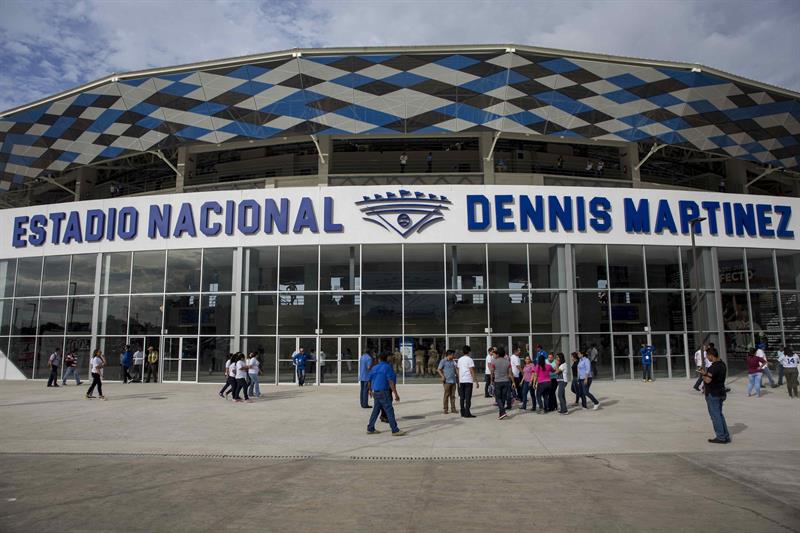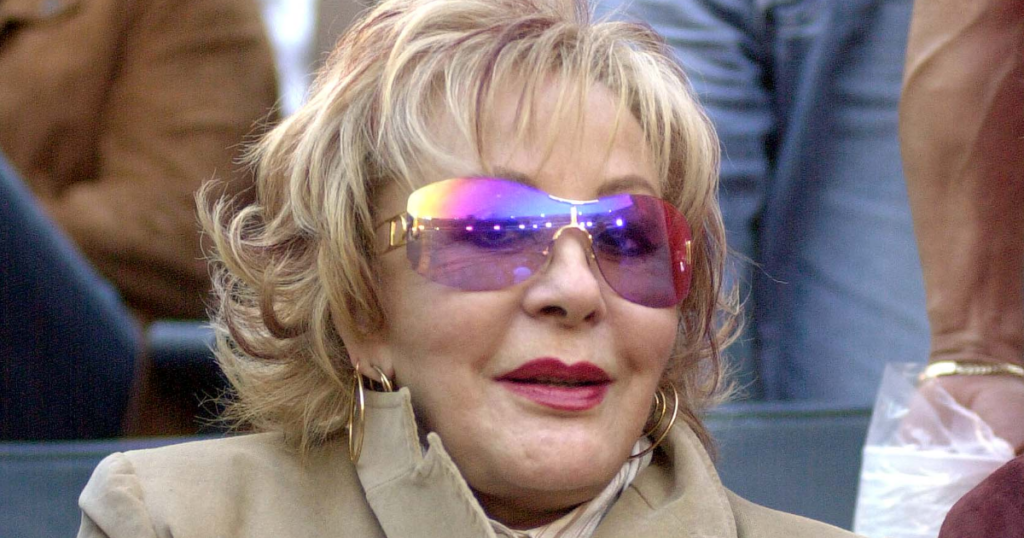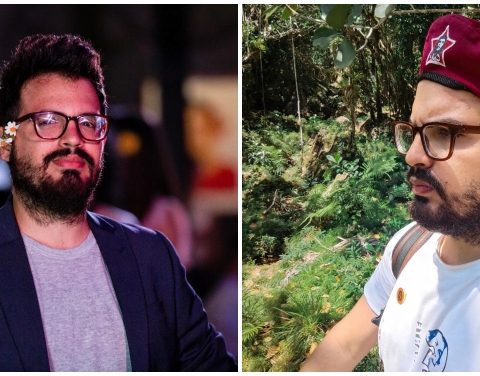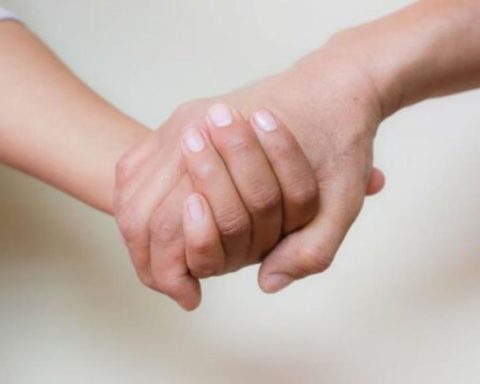MANAGUA.- When Nicaragua broke with Taiwan, on December 9, it cut a relationship that a proverb would describe as giving the best to the point of causing admiration. And Taipei did it to such an extent that, without influencing the country culturally, it left solid footprints in its 153 municipalities.
A Presidential House, a modern baseball stadium, a neighborhood established in record time, hundreds of “solidarity houses”, dozens of maternity homes and health centers are part of the traces inherited from Taiwan throughout Nicaragua.
Presidential House
The Presidential House, now called “House of the Peoples”, was one of the first great “gifts” that Taiwan, considered by China a rebellious province, put on a tray for Nicaragua and that is part of the landscape of the old center of Managua.
At a cost of $ 10 million in 1998, Taiwan constructed a modern and colorful building to serve as the seat of the Nicaraguan government, which had not had one for more than a quarter of a century, when the luxurious Arabic-style building that It functioned as such at the highest point in Managua, it was destroyed by the 1972 earthquake.
The building, located between the Rubén Darío National Theater and the Plaza de la Revolución, was used by the Arnoldo Alemán (1997-2002) and Enrique Bolaños (2002-2007) governments, but lost its relevance with the return to power of Daniel Ortega in 2007, who refused to use it on the grounds of its high maintenance costs and decided to dispatch at home.
National Stadium
Another footprint of Taiwan in Nicaragua, which to this day seems to remain indelible for decades, is the Dennis Martínez National Stadium, considered by the Pan-American Baseball Confederation (Copabe) as “the best in Latin America”.
Built under the parameters and supervision of Major League Baseball (MLB) of the United States in 2016, at a cost of 36 million dollars, it was the jewel in the crown of the XI Central American Games in Managua in 2017.
With a lawn imported from Costa Rica, 15,000 seats, wide sidewalks, next to a lagoon and shopping centers, plus an impressive mural of the best Nicaraguan baseball player, Dennis Martínez, and a statue of former Puerto Rican player Roberto Clemente, who died in 1972 in a plane crash while carrying aid for the victims of the earthquake in Managua, it is one of the most beautiful buildings in Nicaragua.
“Solidarity Houses”
The 10 hectares of the National Stadium of Nicaragua do not compete with the impact of the “solidarity houses” of Taiwan in the Central American country.
In a first stage that began in 2014, under the direction of former ambassador Indrid Hsing, Taiwan donated 30 million dollars to Nicaragua for the establishment of Ciudad Belén, a neighborhood on the outskirts of Managua with 1,426 homes and capacity for 10,000 inhabitants.
Ciudad Belén was also built with the largest Child Development Center in Nicaragua, with a capacity for 800 children, plus two study centers for 2000 students.
Its construction involved the expansion of one of the most important roads in the north of the Nicaraguan capital and, additionally, the Xolotlán Track was extended, located next to Lake Managua, one of the most visited tourist destinations in the country.
Years later, Ambassador Jaime Chin-Mu Wu announced that said plan, under the name “Solidarity Housing for Vulnerable Families”, would be extended to 49 municipalities, and in 2021 the diplomat stated that some 400 homes had already been built under this project .
The frequency with which Taiwan built and donated “solidarity houses” in Nicaragua made the ambassador one of the most well-known foreign faces in the Central American country.
Maternity homes and health centers
The “footprints” of Taiwan in Nicaragua were further extended with the project that consisted of rehabilitating and building maternity homes in each of the 153 municipalities of the country.
At the beginning of 2021, Taiwan had inaugurated 178 maternity homes throughout Nicaragua, 14 of which were directly served by the island’s government, as well as at least four health centers in departments of the Pacific and North.
Nicaragua, which was until now an ally of Taiwan, recognized China as a single country on December 9.
With this, a 31-year relationship was broken, in which the island had become the main cooperator and one of the main commercial partners of the Central American nation.
Taiwan, however, tried to leave one last concrete “footprint” by donating its former diplomatic headquarters and other assets to the Catholic Church before leaving the country, but the Nicaraguan government opposed and awarded them to China.
Taiwan no longer exists in Nicaraguan official records, but a walk through Managua and other cities will raise eyebrows for what they left behind 31 years of relationships.

















